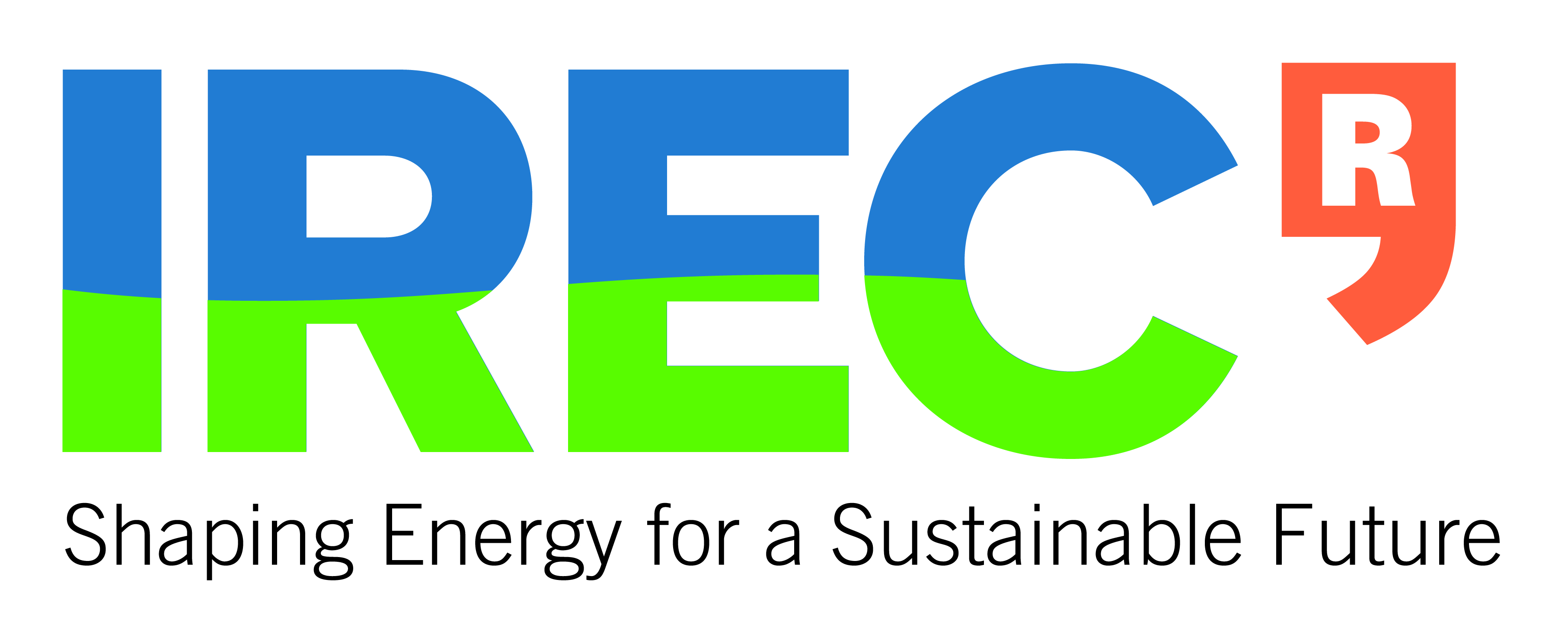The foreseen large deployment of renewable energy sources may seriously affect the stability of energy grids. It will be necessary to control energy consumption to match instantaneous energy production. The built-in Energy Flexibility in buildings may be utilized for stabilizing the energy grids and allow for a larger roll out of renewable energy sources as buildings can be controlled in order to shift energy demand in time. The Energy Flexibility of a building is the ability to manage its demand and generation according to local climate conditions, user needs and grid requirements. The objective of this Individual Research Project is to investigate, propose and test control strategies to exploit the potential energy flexibility in buildings together with assessing the benefits for the future smart energy systems at building and aggregated level.
Tasks
- Determining potential flexibility both at the building level and at an aggregated level.
- Investigating control strategies and algorithms to facilitate smart usage of the flexibility potential in different buildings.
- Demonstrating smart grid/energy flexibility/readiness through experimental studies.
Expected Results
- Recommendations for future work on smart energy labelling.
- Building/grid integration control systems for implementation in buildings.


